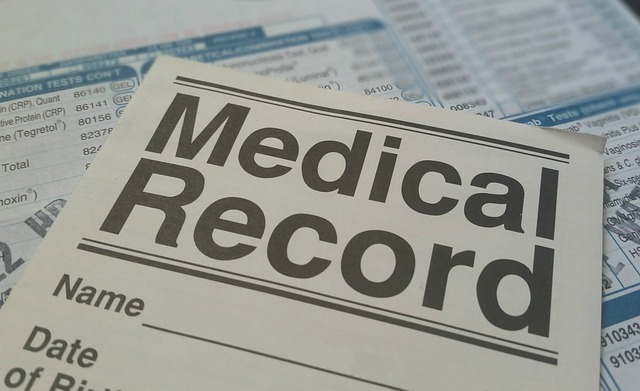conflict of interest
Public comment opposing sales of medical records to fund HIE
Read the full comments and the March 2020 letter from 22 advocates with concerns Today the CT Health Policy Project submitted public comment opposing the Office of Health Strategy’s medical record privacy policy proposals. Specifically advocates oppose selling access to Connecticut residents’ medical records through paid subscriptions. In addition to the harm to individuals, this…
Read MoreCTNJ: OP-ED | Drug Affordability Requires Limits On Price Gouging
Jay Gironimi has cystic fibrosis and he is grateful for the drugs that help him live. But he disagrees with the Epilepsy Foundation’s opinion piece that defends extreme drug price hikes. “While the drugs are saving lives today, the profit margins are slowly tanking the entire US healthcare system.” Read more
Read MoreOP-ED | When Data Becomes An Excuse To Prevent Change
Data is important. The drumbeat for data-driven policymaking in health care isn’t wrong. Policy decisions that aren’t informed by independent, valid analysis can cause more harm than good. But it’s important to know when we have enough data so we can get to work. Read more
Read MoreCTNJ: Real Conversation Would Beget Lower Health Care Costs
I recently had an interesting conversation with a lobbyist for the insurance industry. We planned to talk about our narrow legislative issues to find any common ground. Predictably, we disagreed on some key points, but we agreed on a lot more. We agreed that it’s hard to get people across the health care system onto…
Read MoreWhat does the public really think about a public option? Two polls, and we still don’t know
Dueling polls released this week find Connecticut residents either love the idea of a public health insurance option or they are not big fans. Not surprisingly, the polls are sponsored by groups with dueling agendas and they don’t give details or survey question wording. According to a poll released Monday by Comptroller Kevin Lembo, 71%…
Read MoreHalf of CT hospitals not compliant with new requirement to post negotiated prices for care
Download the report As of January 1st, all US hospitals are required to prominently display on a publicly available website prices privately negotiated with payers for 300 services, under CMS’s Hospital Price Transparency Rule. Hospital “charges” have been available to patients but not the actual prices paid by insurers. CMS requires both a “display of…
Read MoreTop Stories of 2020
A year ago, our predictions for 2020 missed all but the recession. COVID has us giving up on predictions, so we’ll just take a look back at our top stories of this year. Advocacy Toolbox now online — Updates include specific, real world tools for legislative, administrative, and state budget advocacy, how to change public…
Read MoreICER seeking members for New England evidence review group
The Institute for Economic and Clinical Review (ICER) is seeking nominations for new members to the New England Comparative Effectiveness Public Advisory Council (New England CEPAC). The Council includes leading clinicians, patient and consumer advocates, methodologists, and health economists. The group holds public meetings three to four times per year to discuss evidence reports on…
Read MoreCTNJ Op-Ed: Labels matter in healthcare, especially the misleading ones
The President was right – healthcare is complicated. There are lots of reasons, but a big one is language. What something is called can add to or lessen understanding. Sometimes it can be deceptive, giving the impression of a more acceptable definition than the truth. It rarely works for long, but a lot of harm…
Read MoreCT hospital uncompensated care below US average, varies between hospitals, no relation to profits
Read the report According to the state’s latest report, Connecticut hospitals provided totaled $806 million in uncompensated care last year, up 5.3% from 2018. Uncompensated care is the total of charity care, provided to needy patients that hospitals never expected to be reimbursed, plus bad debt, care provided that patients couldn’t or wouldn’t pay for.…
Read More







